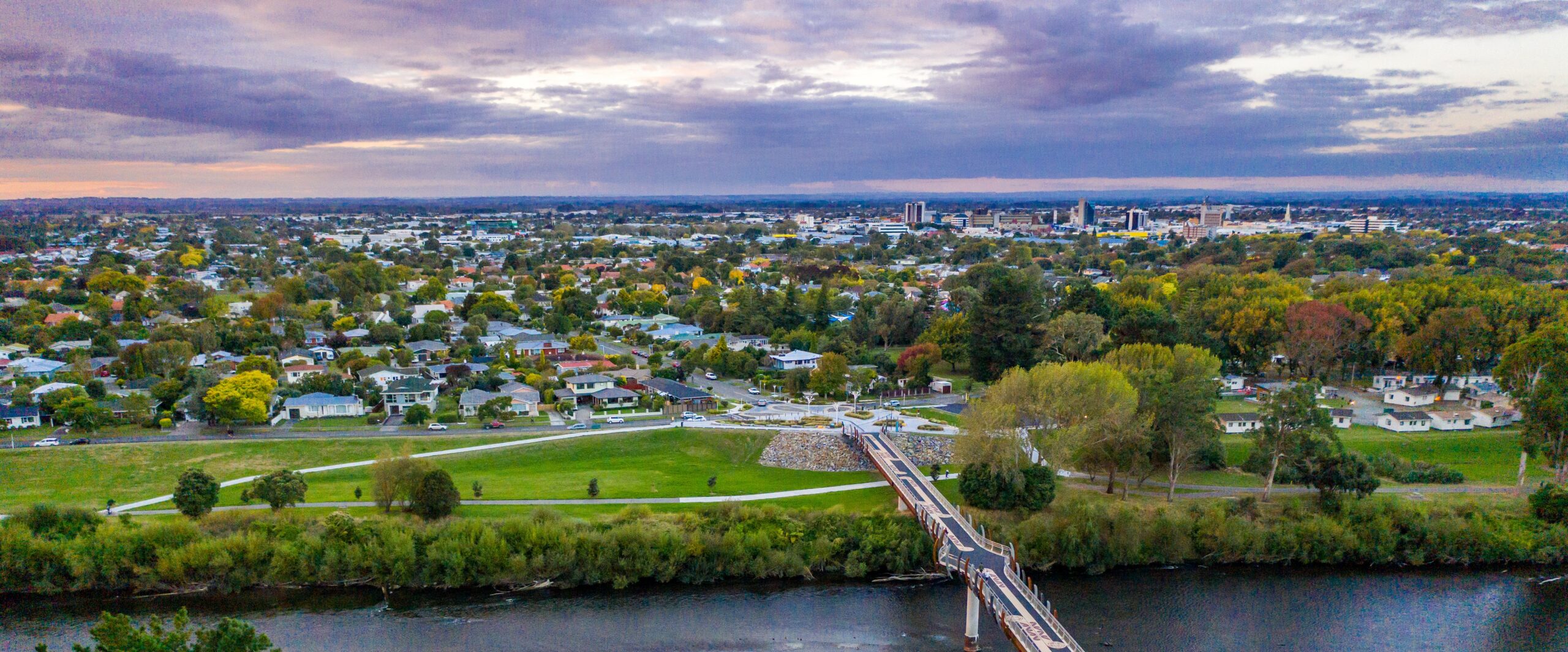
 Mark’s long career working across many parts of Fonterra’s business, his close connection with customers, and his absolute passion for dairy enables him to successfully lead a hugely talented team at Fonterra.
Mark’s long career working across many parts of Fonterra’s business, his close connection with customers, and his absolute passion for dairy enables him to successfully lead a hugely talented team at Fonterra.
Founded in 1927, the centre is home to more than 300 researchers, engineers, and scientists from more than 40 countries, with more than 100 PhDs, 4,500 years of combined dairy experience, and 350 patents.
I started at Fonterra when I was 19 in a packing plant after going to University for about three months. It wasn’t the right learning environment for me because I am more of an experiential learner. After some temporary roles, I was made full time before becoming a supervisor. After six years, the scale and range of roles at Fonterra allowed me to make a professional change that took me in directions I never knew were possible. I’ve worked in manufacturing supply chain and IT before working in Japan for three years and in the United States for five years heading up the Americas region.
During lockdown, I reached out to CEDA CEO Linda Stewart and Palmerston North City Mayor Grant Smith to see if I could be of any help in my spare time with companies that may be struggling through COVID-19, or any start-ups wanting help to get up and running. They directed me to Business Mentors New Zealand which I signed up a month ago. Since then, I have been matched with two start-ups, both of which have an environmental focus. I have a strong desire to help businesses in trouble, having successfully turned around some major business units within Fonterra. I want to share my experience and learnings in an effort to support businesses to thrive.
Over many years, New Zealand businesses have embraced outsourcing because it didn’t make sense for us to manufacture things locally due to economies of scale. Others employ just-in-time management, but the question COVID-19 now raises is whether we’ve gone too far and made ourselves less resilient in some critical areas. This leaves us vulnerable when supply chains become stressed or disrupted as they have with COVID-19. I am not talking fabrics or consumer electronics but the products or services we need so that we can continue to do what we’re good at. As a business community we need to face up to this resilience question and there are bound to be local opportunities that we can make the most from.
The next is how to leverage the great work done across New Zealand in our response to COVID-19.
The way New Zealand has dealt with COVID-19 has the real potential to further strengthen our global reputation as a producer of the world’s highest-quality, sustainably-produced foods. The world is looking at New Zealand because we take health and quality food production seriously.
It has not been lost on our export markets that the primary industries were an essential service throughout the lockdown. That says to a person overseas that if they are going to work with a country and import food items from it, New Zealand is a pretty good bet. We didn’t face disrupted food production like in other countries and instead kept things going. To my way of thinking, those food importing countries will remain interested in partnering with us because it shows them that we care about people and quality food, something we’re fundamentally good at it.
First is to understand the difference between cashflow and profit. Cash is critical to pay staff and suppliers and to the overall health of your business.
Second is to build yourself a roadmap to where you want to be in the future because many businesses have great ideas but fail by trying to do all of them at once.
Third is to understand how you treat people like your customers, your staff, your suppliers and those you interact with. Are you the sort of person that people wish to do business with or to work for?
It is to ask the ‘so what’ in everything. People are often great with data but poor with insights and if I am presenting, I challenge myself to tell a story and the ‘so what’ behind that story.
Having lived in Japan, I love Japanese food and Yatai in Featherston Street is a very authentic Izakaya casual style restaurant. Barbara and Atsushi are just nice human beings and you feel special every time you go there. It is a great business and the food there is ridiculously good.
I used to play inline hockey for New Zealand but being a father of six children, with five of them aged 12 and under, my family is my biggest focus outside of work. We home school five of our children, so I am very much a home body but after working long hours, I tend to escape by reading or watching movies.
We moved to Manawatū over three years ago and we love it here. Manawatū has a great community spirit and offers everything we want professionally and personally. The business community is well connected and resilient, and there is great council leadership from the Mayors down. There is also a genuine determination to make sure that we don’t just survive COVID-19 but thrive. Now, it is about figuring out what the future looks like and what new industries we can attract here to join us.